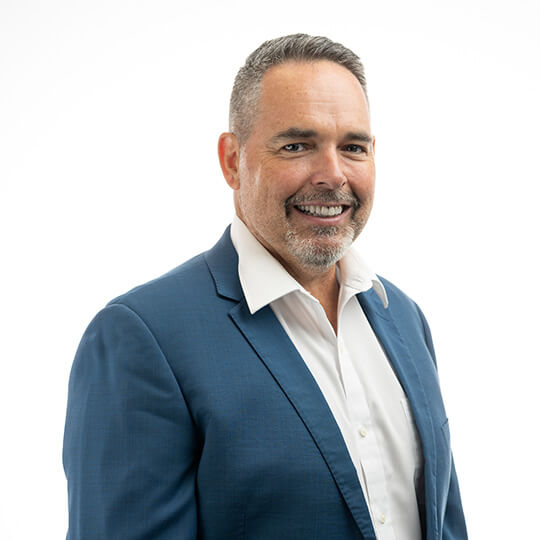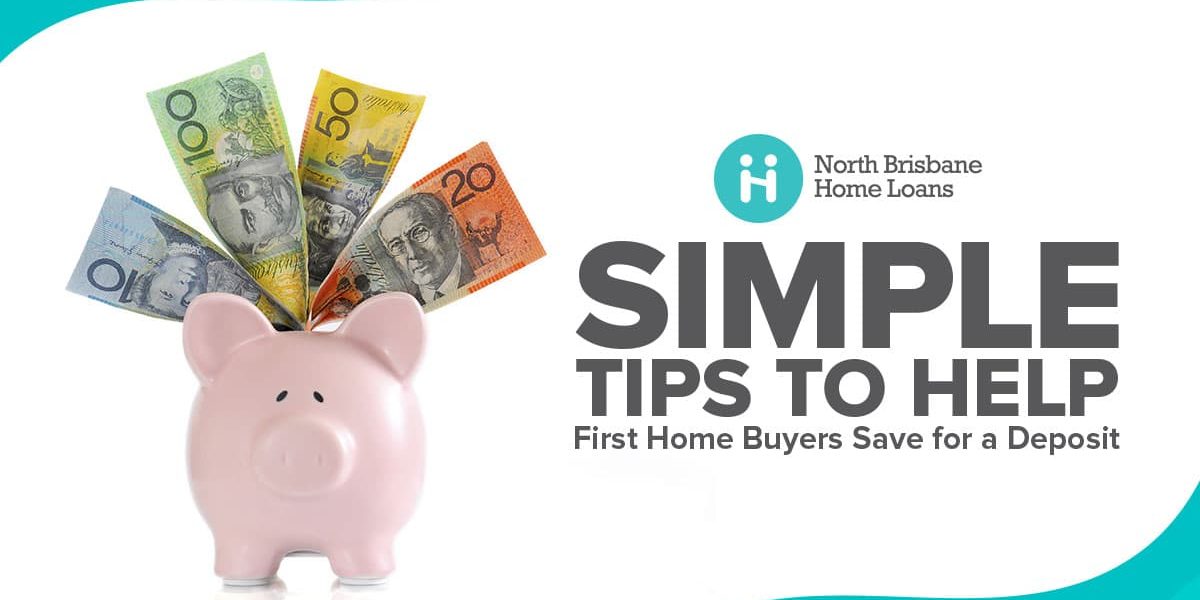Tips to Help First Home Buyers Save for a House Deposit
Saving for your first home deposit? Do you know how much you need and how to get there? As a first home buyer, saving for your home deposit is a big commitment and sometimes your cash goal can seem out of reach. Read on to see our top simple tips to help you save for a house deposit and get into your first home quicker.
Quick Tips to Increase Your Savings for House Deposit
Top tips to help you save for a house deposit in Australia and get into your first home quicker.
Separate your savings from your everyday cash
An online savings account is a great way to grow your money faster. The biggest difference between an online savings account and a transaction account is that you can’t spend money directly from the savings account.
By separating your money, you have a visual separation between your savings you are trying to grow and your everyday money. You also have a harder time dipping into those savings when you physically have to move money out of one account into another to spend it.
Automate your savings
Another tip is to decide how much of your pay you would like to save and set up a regular transfer of that amount to your savings account. You can set up a direct debit, or recurring payment, depending on your account features. You can also ask your employer to split your pay across your bank accounts so it is completely automated. This is a great set and forget tactic to set yourself up for savings success.
Round-up transactions
Some savings accounts or apps let you round-up your transactions to the nearest dollar or $5 which can be a handy way to add to your savings without you even noticing.
If you buy a coffee for $4.60 or lunch for $25.45, your round-up setting would then divert “change” of the “round-up” straight into your savings account. Just like using your money box as a kid!
With this tip, it really depends on how much you spend and how many transactions you make as to how much you’ll save, but when you are saving hard for a home deposit, every little bit helps!
Out of the box tips to reduce your spending
Sometimes reducing your spending can feel like an impossible task so we have some tips you may not have thought of to make some cuts.
Find unnecessary spending
If you take a really good look at your bank or credit card statements for the past few months, you can usually identify things like subscriptions or memberships that might be better off being diverted to your savings account while you are saving for your first home deposit.
Reducing your bills
Some tips to reduce your grocery bills are:
- Order your groceries online so you can see exactly what you are spending in your cart before you pay
- Plan your meals and only buy the ingredients for those meals
- Learn what fruit and vegetables are in season and only buy them, or ones on sale
- Limit your meat-based meals and buy your meat you do use in bulk from a butcher
- Focus on cooking meals like soups and pasta dishes that can be easy leftover options
Some tips to reduce your energy bills:
- Compare energy suppliers regularly to make sure you are getting the best deal
- When considering bonus offers, pay attention to the regular plan cost you’ll end up with after the offer ends
- Use government comparison websites for energy suppliers in your area
Some tips to get a better deal on insurances:
- Insurance premiums vary widely so make sure you are getting the best deal when it is time to renew your insurances
- Compare premiums and features with insurance providers to see what’s available every year
- Contact your current provider and see if they’ll beat a competitor’s offer to keep your business – this can reduce your premiums without the hassle of changing every time
- Look at bundling policies with one insurer to save on premiums
- You can usually increase your excess to lower your premium but be mindful of this if it is likely you’ll need to make a claim
Pay off debt, save on interest
Paying interest on your debts is a fast way to lose money. If you are trying to save for a home deposit, a tip to get ahead in the long run is to make extra repayments on your credit card or loans now so you can eliminate all that interest you could be charged.
Paying your debts off sooner means you can divert repayments and all of that possible interest into your savings account!
The BIG one: start a savings plan
Creating a savings plan is often the crucial step to making a goal of how much money you need to save for a home deposit and achieving it.
Start tracking your spending and seeing where your money is going so you can set a realistic budget. This way you can pay all of your expenses and save wherever you can. And change the name of your account to the amount you are aiming for – so it is a constant reminder to keep you on track. EG: My Home $33,000
Keeping to your budget and savings plan takes work but at the end of it all you’ll have a home deposit ready to find your first home, and you’ll set yourself up for success on your next savings goal in life.
If you need help setting your savings goal, the North Brisbane Home Loans team can help you identify how much of a deposit you need to get a home loan.
Contact us today and we can answer all your home loan deposit questions.

Patrick Cranshaw, a Certified Mortgage Professional for over 21 years, founded North Brisbane Home Loans in 2002. His career began with ANZ Bank in New Zealand, where he progressed over 16 years to a Business Banking role in Virginia. After moving to Brisbane in 2000, Patrick led the QLD market for a home loan agency, helped set up the REMAX Real Estate Finance division, and practiced as a broker.

